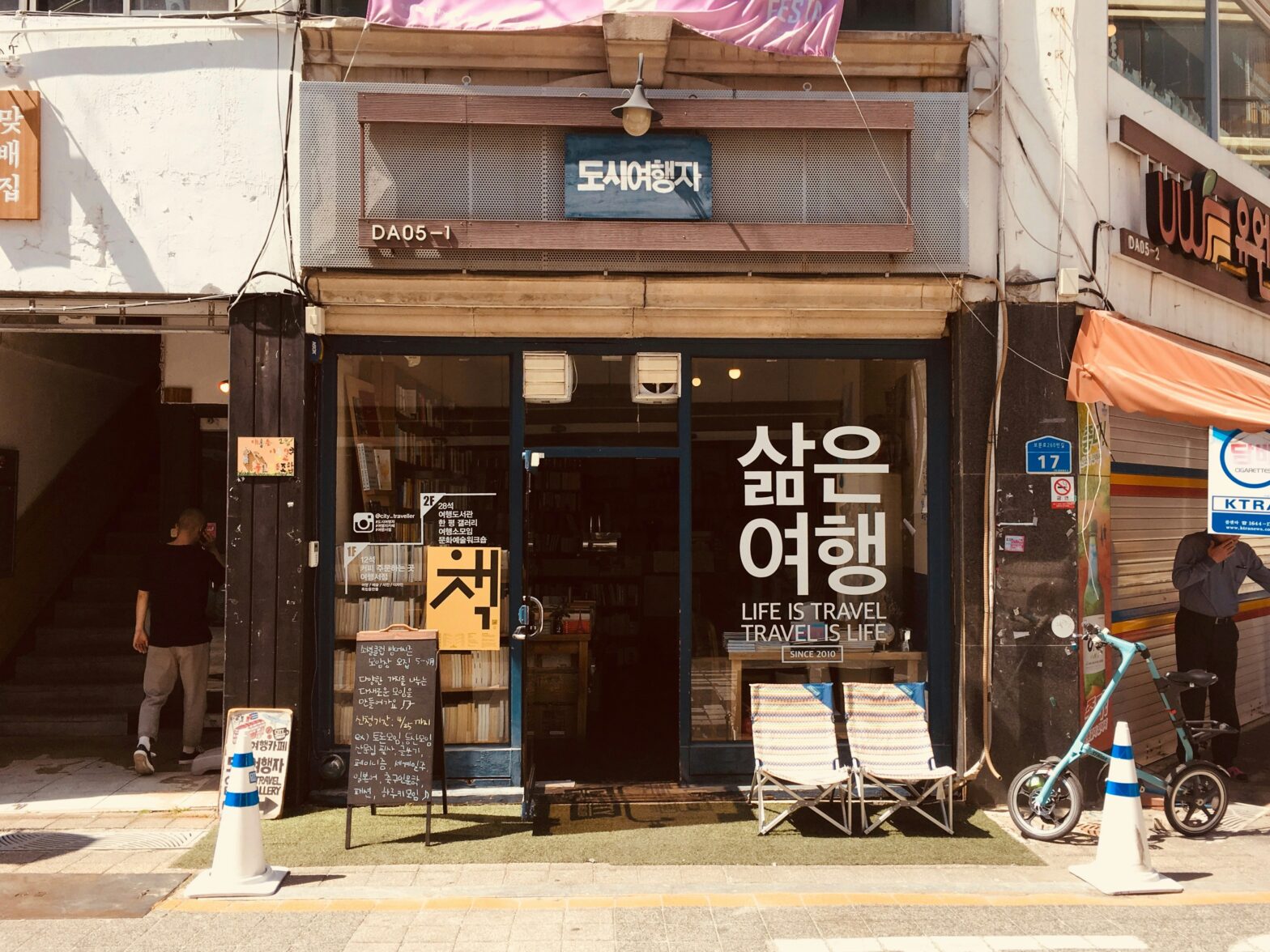Work-life balance is a major concern for many these days. While some people struggle to distinguish if they work to live or live to work, others work to travel. This sentiment has led to many people reaching a place of peace and contentment as they explore the world and themselves. A recent announcement about the implementation of the four-day workweek has given even more travelers hope for freedom and autonomy. The announcement came from authorities in South Korea and has set a new precedent for a new way of living abroad. South Korea is already a popular tourism hub for its unique culture and history, so the new policy is sure to attract people. Let’s get into South Korea’s big change, one of several innovative concepts made popular in the country.
South Korea’s Four-Day Workweek

Several countries, including South Korea, are exploring a move to a four-day workweek for many reasons. South Korea in particular is known for its intense work culture. With a maximum weekly working time of 52 hours, the country has struggled with life-work balance. Just last year, a 69-hour maximum workweek was proposed by the Yoon administration, according to Hankyoreh. The rigorous demand of South Korea’s work culture has made the country one of the most ideal places to try out the four-day workweek.
Where Is The Four-Day Workweek in Effect?
The trial is occurring across the Gyeonggi Province. This is the most populous province in Korea. It is located in the north-western part of South Korea. The province surrounds the capital city of Seoul, so it is quite a metropolitan area. Workers from over 50 organizations will have the option to have a four-day workweek. They can choose from a four-day week every fortnight or shortened hours each week, according to Yonhap News Agency.
Reasons For The Workweek Change
The local public has expressed concern for the well-being of workers. This has led to a consideration of a reduced workweek to alleviate stress and burnout, which prompted the trial. Other societal concerns may also see resolution through this workweek trial. Some of these issues include women’s ability to balance career and family, fertility rates, and of course people’s overall happiness. That’s where travel comes into question.
Implications For Travelers
With an uptick in people’s outlook on life and work, more personal expression in free time usually follows. This new reduced workweek will benefit workers who do not have to go into an office and those who do. Those who work for companies in the province can spend more time on trips as they live and work more freely. It may even be the most beneficial to workers who can not work remotely. The shift is thought to be a way to optimize the time people spend working. Over time, this may even cause more progression in people’s careers, stimulate the local economy, and promote international travel.





